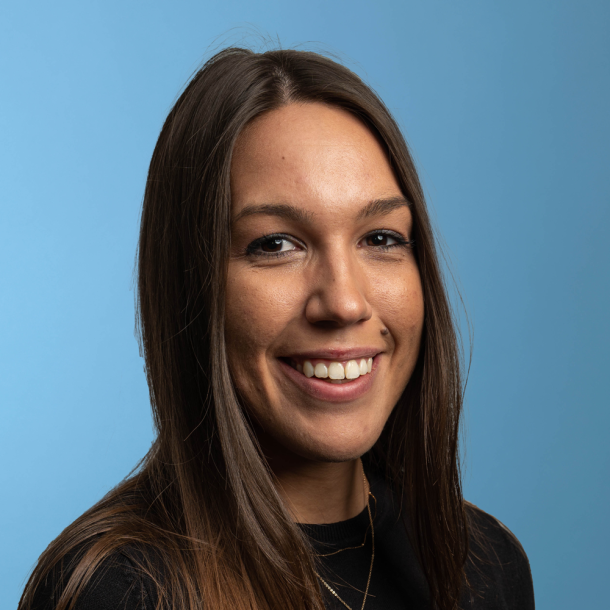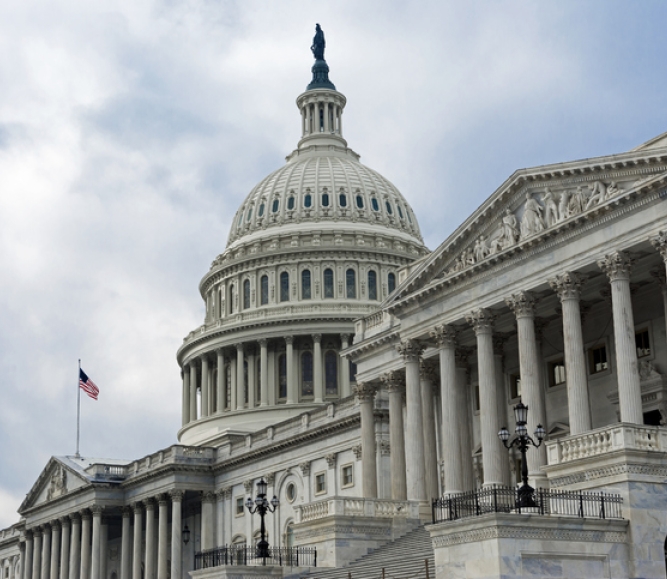Congress agrees to bipartisan deal on topline spending levels for Fiscal Year 2024
Author

Maxx Silvan

Paige Mellerio
Upcoming Events
Related News

Key Takeaways
On January 7, congressional leaders announced they reached a bipartisan, bicameral agreement on topline spending levels for Fiscal Year (FY) 2024 appropriations. More specifically, the deal includes approximately $1.59 trillion in total federal spending for FY 2024 and is divided between $886 billion for defense and $773 billion in non-defense spending.
The framework does not include topline spending across each of the 12 annual spending bills, however, Congress will work over the coming weeks to draft legislative text in line with this agreement. NACo staff will provide updates when they are available.
What else is included?
The bipartisan Fiscal Responsibility Act (FRA), enacted in June 2023, established FY 2024 discretionary spending caps for both defense and non-defense spending that, if breached, would trigger sequestration.
The FY 2024 spending agreement is in line with both the FRA defense cap of $886 billion for FY 2024 and the base non-defense spending cap of $704 billion. While the total topline non-defense spending level included in the new bipartisan agreement breaches the discretionary spending cap dictated by the FRA, it is to be offset by an agreed upon $69 billion made up of rescissions and other budget mechanisms.
Although specific details on offsets are not yet public, they reportedly include:
- $20.2 billion in rescissions of Internal Revenue Service funding enacted in the Inflation Reduction Act
- $6.1 billion in rescissions of COVID-era programs mostly from Department of Health and Human Services
(not State and Local Fiscal Recovery Funds) - $1.4 billion in rescissions from the U.S. Department of Commerce's "nonrecurring expenses fund"
Additionally, the final FY 2024 agreement will not include the $13.7 billion in emergency spending agreed upon by the Senate Appropriations Committee last year.
What's next?
This agreement is a key milestone for legislators to finalize FY 2024 appropriations and avoid a government shutdown in the coming weeks. Following the enactment of the two-part "laddered" Continuing Resolution (CR) in November 2023, federal spending is set to expire on January 19 and February 2, 2024 respectively.
Congress is expected to begin final negotiations and drafting final FY 2024 legislative text to be considered by both chambers in the coming weeks. However, with less than two weeks before the January 19 deadline, Congress must act fast to avoid a partial government shutdown.
How will this impact counties?
As intergovernmental partners, counties work with the federal government to build our communities through investments sources through a mix of local revenue and federal funds. To this end, NACo sent a letter to congressional leaders urging them to prioritize federal investments in crucial local government activities through the FY 2024 appropriations process. Taking action to pass appropriations for FY 2024, which includes critical provisions for counties, will ensure our citizens' health, safety and prosperity while protecting our nation's infrastructure and economy.
As key intergovernmental partners, counties applaud the U.S. Congress for acting in a bipartisan manner to avoid a federal government shutdown and urge our federal partners to quickly pass FY 2024 appropriations.
NACo will continue to advocate for county priorities through the remainder of this process and keep our members informed on any notable developments.
Advocacy
NACo sends letter to congressional leadership urging prioritization of county activities in FY 2024 appropriations
NACo has sent a letter to congressional leaders urging them to prioritize federal investments in crucial local government activities through the FY 2024 appropriations process.

Related News

U.S. House passes final minibus funding package
Congress introduced the final FY 2026 Appropriations package, including key county priorities related to transportation, housing, health, emergency management and public safety

U.S. Congress passes minibus funding package
U.S. House and Senate appropriators passed a “minibus” appropriations package containing Fiscal Year (FY) 2025 Interior-Environment, Commerce-Justice-Science and Energy-Water spending bills.

Federal district court issues ruling preventing the federal government from imposing immigration compliance mandates on grant recipients
On November 4, a federal judge in Rhode Island ruled that the U.S. Department of Transportation cannot condition federal grant funding on a recipient’s cooperation with federal immigration enforcement efforts.